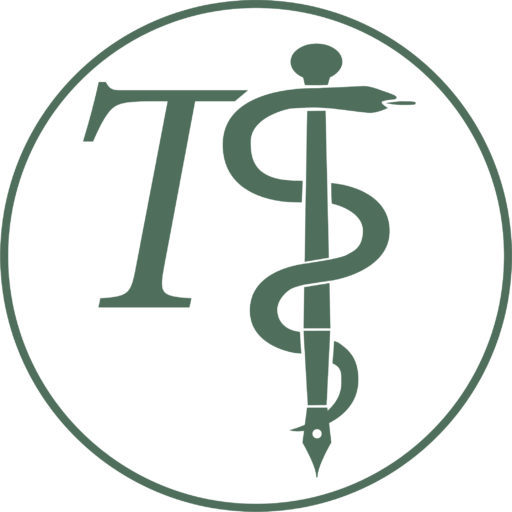Hi, there! Welcome to my Blog and my first post. If you haven’t already, go to my website Bio and My Story pages to learn more about me.
When aspiring writers are deciding how to begin, the typical advice they are given comes from the words of Mark Twain: “Write what you know.”
It’s true that many dismiss this advice as too simplistic. But if you think about it, writing in your knowledge base “comfort zone” does hold some degree of validity – at least when first starting out. After all, putting yourself out there and on paper for all to read is intimidating enough without wading into unchartered waters not having established your writer’s sea legs.
As I started thinking about a topic for this, my inaugural blog post, I opted to heed Mark Twain’s advice. So here it is.
Besides all things political, which I’m definitely not going to discuss, this year has truly been challenging given the Coronavirus pandemic and the effect it has had on so many aspects of our society. Reflecting on all that has transpired, my thoughts hearkened back to 2014 and the Ebola virus scare. At that time I was in my tenth year as Chief Medical Officer, a member of the executive team overseeing the hospital where I previously had been in the private practice of Urology for twenty-one years. When the Ebola epidemic plagued West Africa, it was perceived to be an imminent threat to the rest of the world as well. We coordinated our preparations through daily meetings with colleagues from other area hospitals to discuss what we had put in place in anticipation of receiving suspected or known Ebola patients. Given the deadly nature of the Ebola virus, preparing to care for such patients with the safety of our staff in mind was a priority and no small endeavor. For example, we created a special negative pressure isolation room in our emergency department with a separate entrance to evaluate potentially infected patients. Our intensive care unit was repurposed with enhanced personal protective equipment and procedures for our staff to appropriately care for patients while protecting themselves. Interestingly, although we received several patients suspected for possible Ebola, none turned out to have the disease.
When comparing today’s pandemic with that threat, it’s important to recognize that the Ebola virus is different from Covid-19 in that it is spread by direct exposure to bodily fluids. On the other hand, the Coronavirus is airborne and more easily spread person to person through respiratory droplets. Although rare and harder to catch, Ebola is significantly more deadly when contracted, with a mortality rate ranging between 40% and 90%, compared to 2.7% on average world-wide for the Coronavirus. Consider this: in 2014, the U.S. reported only eleven Ebola cases, nine of which were infected when they entered the U.S. from elsewhere. Only two individuals actually contracted the disease in the U.S. Both were nurses treating an Ebola patient, and both survived.
Of the eleven total U.S. cases, there were only two deaths in the U.S., all occurring from the nine patients that entered the country already infected.
So why so many more deaths from Covid-19 than Ebola? Transmissibility. World-wide, 28,000 individuals were infected by Ebola and 11,000 died. To date, over 43 million Covid-19 cases have been reported. Clearly Ebola is much more deadly—when contracted. However, Covid-19 is much more contagious given its method of transmission. Translation: less cases with higher mortality for Ebola, and many more cases of Covid-19 resulting in higher actual number of deaths despite a much lower mortality risk per case.
The purpose of this compare and contrast exercise was two-fold: first, in both cases uncertainty, fear, and anxiety were then, and are now, pervasive. On the other hand, the nature and ease of transmission of Covid-19 has led to much more controversy related to the methods of control and containment than with Ebola. The concept of a societal “lockdown” had no place during the Ebola scare. At the same time, the negative effects of such drastic measures need to be considered as well as the risks of the disease.
But they both have one indisputable commonality: the indispensable role of the health care providers in getting through both situations. In the end, my real purpose for this little bit of comparative epidemiology is to give a huge shout out to our front line health care providers. Whether it be Ebola, Covid-19, or whatever the next unimaginable health care risk besets us, they will always be there, putting their lives on the line for the rest of us. And for that we should be grateful!
And that’s the last blog on a medical topic—at least not relevant to my writing! Next blog will be reflections related to a novel I recently read. Here’s a hint: Dan Brown’s Inferno. See you then!
P.S. Don’t forget to go to my Contact page and message me your thoughts on this, or click above on “Leave a Comment.” You can also register your email for notifications when I put up a new post by signing up on the Contact page. And don’t forget to tell your friends, Facebook or otherwise, about my website and blog, or share it with them. Thanks for reading!
Tony
